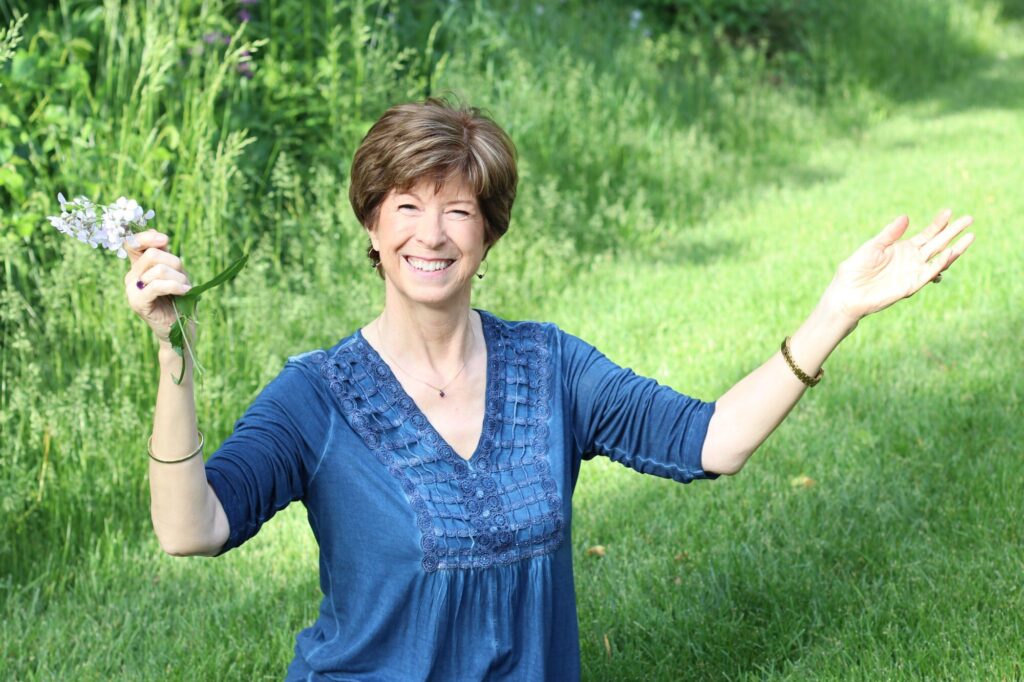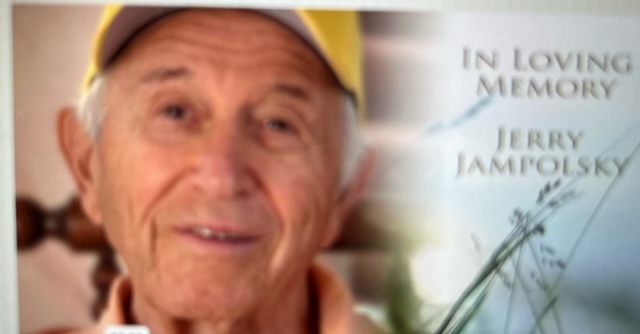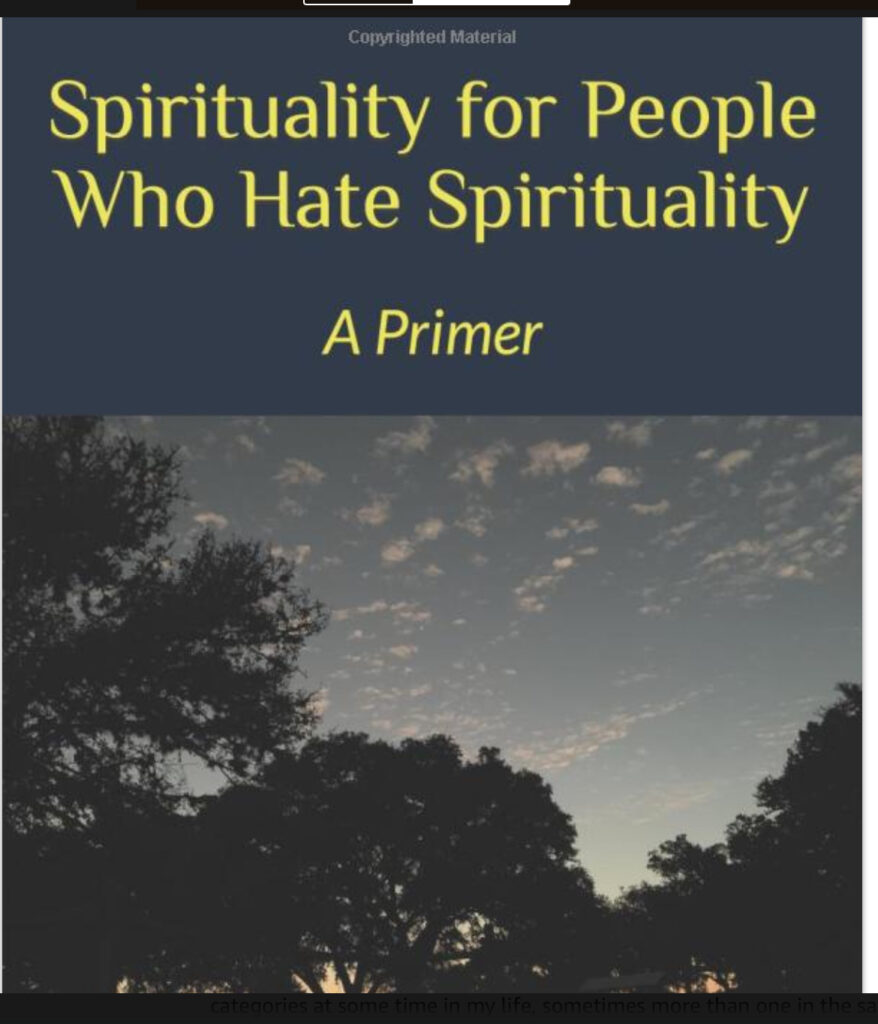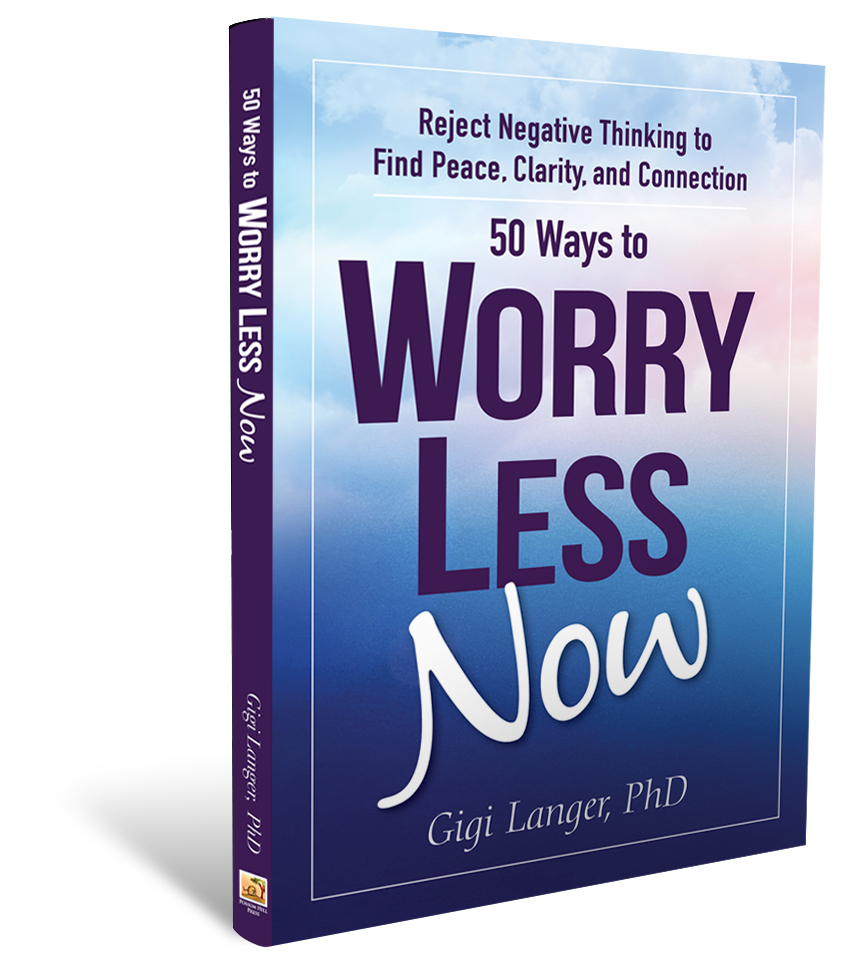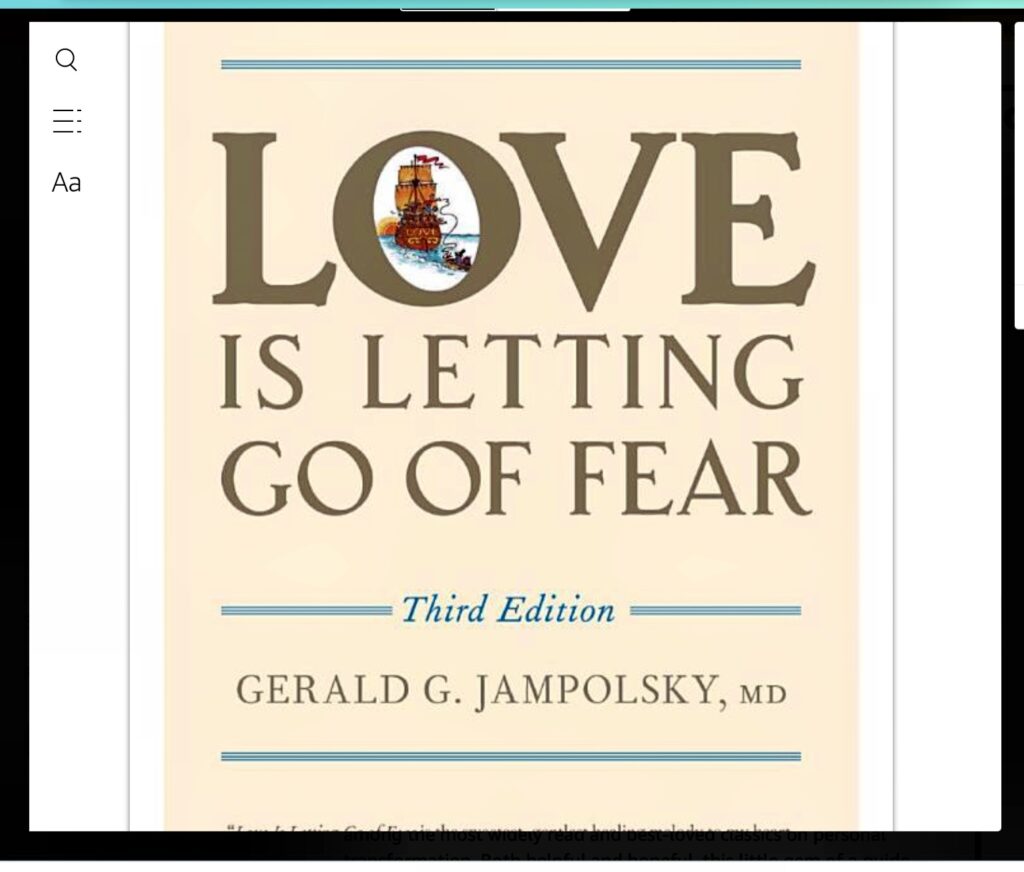Today I was moved to read through my latest book, “Love More Now: Facing Life’s Challenges with an Open Heart.” I had published it last year and had not really done much n terms of marketing it. So, there it sat–neglected!
But this morning I got a nudge (from my True Self) to pick it up and read every page. It took me about 4 hours (without doing any of the reflection questions), and I was amazed to discover how good it is. In fact, I can’t believe I wrote it!
Well, I didn’t really write it–not alone. Although the inspiration and ideas came from my heart and my higher power, I hired two fabulous editors to help make the book logical and interesting. They were expensive, but, looking back, I am so glad I spent those many dollars!
So, I thought I would begin sharing excerpts with you in my blog posts. Here’s a bit that shares how my life launched me on a quest for happiness and joy, in spite of my troubled past.
Your True Self Has Your Back
What is this True Self I’m referring to? It’s the divine you, deep inside, that guides you through the world with love and wisdom. Although this True Self has never left you, it may have been hidden by heart-closing fears, resentments, and self-criticism. Fortunately, you can remove these barriers by opening your heart to Loving Energy, thus revealing the power of your True Self.
It’s not as hard as you might think. In fact, you’ve already experienced many heart-opening moments of your own. It’s just a matter of noticing and cultivating receptivity to them. Here’s a story about one such moment in my life.
Many years ago, my third husband and I took a trip out west. Having realized too late that I had married the wrong man, I was miserable the entire time. My stomach hurt constantly, but when I went to the ER, they found nothing wrong. There was something wrong, alright, but not with my stomach. I just hadn’t been able to face it.
One afternoon late in the trip, we pulled up to a gift shop bordering Jenny Lake in the Grand Tetons. As soon as I entered the shop, I heard a bell-like voice filling the space with song. I just had to know who the singer was! After the shopkeeper told me about Kate Wolf, I immediately bought her tape. From that day on, Kate’s music would accompany me as I journeyed out of a hellish life into one of beauty and peace.
With the sweet music still in my head, I exited the shop, made my way to the shore, and found a rock to perch on. Sitting quietly, I watched as the sunlight grazed the water, reflecting back the white-tipped mountain peaks. The image held my gaze. For one long, beautiful moment, I forgot the turmoil of my strangled dreams and baffling, troubled life.
As I stared, the white peaks beckoned to me, seeming to offer another way of thinking, of looking at the world. New, surprising feelings came to me in a warm, kind voice: Believe! Trust! Your dreams are still possible. The past is over. Begin anew now.
Tears welled up in my eyes as I grappled with this unex- pected invitation. Taking a leap of faith I didn’t know I had, I believed. I trusted. Suddenly, my old feelings of shame, guilt, and hopelessness began to disintegrate.
After that day, I started receiving amazing gifts. First, I found sobriety and a Loving Energy greater than my fears. Then, a therapist helped me overcome the barriers that had been closing my heart: codependency, perfectionism, and people pleasing, to name a few. As I continued to grow, I found A Course in Miracles (ACIM), a spiritual text that teaches how to choose Love over fear in every circumstance.
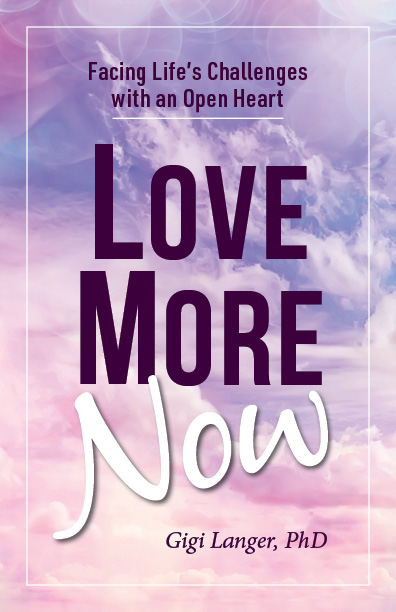
My newest book, Love More Now: Facing Life’s Challenges with an Open Heart is only $9.99 –available from Amazon HERE or Barnes and Noble HERE.
Get my award-winning book, 50 Ways to Worry Less Now, for only $8.95 at GigiLanger.com/buy (e-book at Amazon)
Thank you for POSTING your REVIEWs on Amazon.
Gigi Langer has been sober 38 years, and holds a PhD in Psychological Studies in Education from Stanford University. Her 50 Ways to Worry Less Now won an Indie Excellence Award in 2019. Gigi worked at Eastern Michigan University for 25 years, and now lives happily in Florida with her husband, Peter and her cat, Easter.
